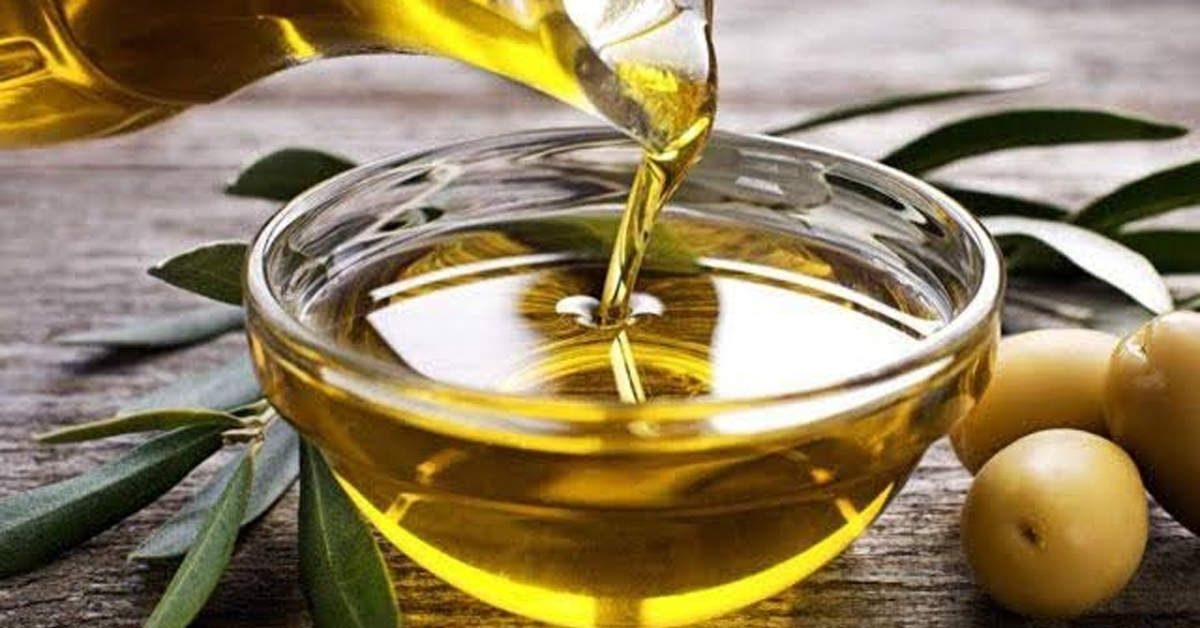While sales volumes of top brands have grown by 20-25% in the June quarter, combined sales of 11 listed edible oil companies fell by 8% on year. With the sharp drop in price realisation, these companies saw their operating losses of nearly 50% on a combined basis in Q1FY24, while their combined net losses in the period were over 76%.
While this is for the second consecutive quarter that these companies have suffered losses on a combined basis, the extent of the losses was sharper in Q1FY24 over Q4FY23.
Domestic edible oil companies had suffered losses in Q2FY23 as well, but returned to modest profitability in the subsequent quarter as prices firmed up briefly.
There has been a marginal increase in prices in the September quarter, but it is unlikely that all companies have turned around during the period.
There has been a surge in edible oil imports, notably refined palm oil. With the landed cost of refined palm oil being below that of crude palm oil, domestic refining has become unviable, forcing companies to urge the government to introduce a meaningful import duty differential between crude and refined oils.
Adani Wilmar, which makes the Fortune brand of edible oils, for instance, posted a net loss of Rs 79 crore in Q1FY24 versus a net profit of Rs 194 crore a year ago. The company’s quarterly revenue declined 12% on year to Rs 12,928 crore, and earnings before interest, tax, depreciation and amortisation (Ebitda) saw a big drop of 71% to Rs 130 crore in the June quarter versus Rs 443 crore reported last year. This is despite a 25% rise in volumes from 1.19 million tonne (MT) to 1.49 MT during the period.
“Our margins during the June quarter were impacted by high-cost inventory in a falling edible oil price environment and dis-aligned hedges compared to spot prices of physical commodities,” Anghsu Mallick, CEO & MD, Adani Wilmar, said.
“However, we have regained the momentum in our edible oil business in terms of volumes due to lower prices,” he said.
Currently, the landed cost of RBD (refined) palm oil on the Mumbai coast is $840/tonne versus $860/tonne for crude edible oil. With a huge surge in imports of edible oils – palm, soyabean and sunflower – imports during the 2022-23 (November-October) oil season is likely to cross a record 17 MT, up from 14 MT last year. India imports around 56-58% of its edible oil consumption.
Aditya Agarwal, director, Emami group, said, “We have passed on the lower edible oil prices to consumers over the last few months. This has been to the extent of 5-10% and we continue to monitor prices closely. However, the bigger concern for the industry is the increase in import of refined edible oil. This has hurt the profitability of domestic edible oil refiners because they have to quickly pass on lower prices to consumers to match the pricing action of importers.”
Emami Agrotech, which is part of the Emami group, manufactures and markets the ‘Healthy & Tasty’ edible oil brand, popular in the east, north and west.
The Solvent Extractors Association of India (SEA), an apex body of top edible oil companies, has urged the government to increase the gap between effective import duty on crude and refined edible oils. Currently, the effective import duty on crude edible oil is 5.5% and that on refined oil is 13.75%.
“The gap between import duty on refined and palm oil has to be at least 13% from the current level of 8.25% so that domestic refining capacities are not adversely impacted by huge imports,” BV Mehta, executive director, SEA, said. Out of the total edible oil imports, the share of crude oil is around 75% and refined oil is 25%.
The government, however, is walking a tight rope, say experts, as it seeks to balance international prices on one hand and local production and inflationary concerns on the other hand by tweaking import duty structures from time to time.
The government, say official sources, is unlikely to raise the import duties on refined edible oils, despite the sharp drop in domestic prices and low-priced imports. This is because it accords top priority to cooling inflation at this juncture, they said.







